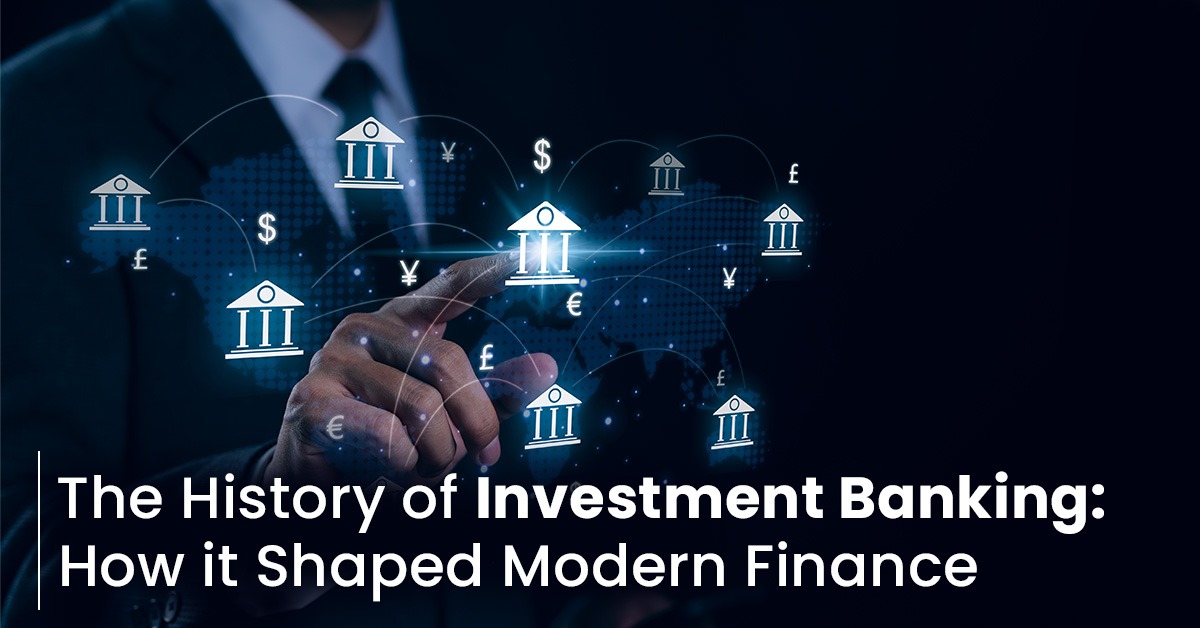Pursuing Investment Banking
Becoming an investment banker isn’t an easy thing to do. Since the roadmap ends with you working with top-tier organizations and institutions, the road isn’t exactly simple as well.
- A degree from a prestigious college or university increases the chance to enter the investment banking industry. However, there are other ways in case candidates are not from Tier 1 colleges.
- Most students prefer completing their MBA first but there are also options to pursue an advanced degree in finance/mathematics to enter the world of investment banking.
- Certifications and training programs in Investment Banking can help you solidify your skills and introduce you to real-world scenarios.
Investment bankers have a range of responsibilities pertaining to different kinds of financial transactions and investment-related activities.
A career as an investment banker is interesting enough as you get to work in teams comprising top management from different companies. However, becoming an investment banker isn’t easy as well.
In this post, we’ll be helping you explore different ways you can become an investment banker.
How to become an investment banker?
Entering into the investment banking domain can take anywhere from 3 to 6 years.
After you pass your 10+2 exam, it might take up to 3-4 years to complete your bachelor’s degree which you can follow by completing a two-year master’s degree program.
You can additionally pursue a specialization or certification in investment banking that can further solidify your career.
💡While earning a master’s degree can definitely add up to your knowledge and skillset, it’s not mandatory to pursue investment banking. Many boutique investment banks provide investment banking analyst roles to graduates as well, in India.
Additionally, here are a few ways you can become an investment banker:
1. Earn a Bachelor’s degree
Just like every other career option, completing a Bachelor’s degree is important to pursue investment banking as a career ahead.
You need a minimum of three years of Bachelor’s degree which you can get in B.Com, BBA in Finance, or B.A in Finance.
To become an investment banker, you need a good hold on finance and related concepts. A Bachelor’s degree is going to introduce you to all these key concepts of finance.
Even though the syllabus of all these types of bachelor’s degrees is different, the subjects included like mathematics, economics, financial management, accounting, taxation, and data analytics are enough to acquaint you with the core concepts of investment banking.
A certification in financial modeling and investment banking can make a graduate’s life easy to kickstart a career in investment banking
2. Prepare for a Master’s Degree / CFA Program
💡One of the best ways to pursue investment banking as a career is to get a master’s degree.
Pursuing a two-year MBA course in finance as a specialization is one of the best options that most students end up choosing.
Additionally, you can also pursue a CFA Program from CFA Institute.
There are multiple offline and online courses available for you as well in order to help you prepare in domains like capital markets, financial planning, business analytics, and banking.
3. Crack Entrance Exams
A postgraduate degree from a prestigious college or university increases the chance to enter the bulge bracket of investment banks worldwide.
Hence, To get admission to Master’s degree programs like MBA, you can also appear for the following exams:
- Common Admission Test (CAT)
- Graduate Management Admission Test (GMAT)
No matter if you’re pursuing under-graduation or post-graduation, to gain admission in most reputed institutions, you’d have to clear their entrance exams.
4. Get a certification
Even though a bachelor’s or master’s degree is a great way to step into the field of investment banking, what can further solidify your knowledge, skills, and credibility is by getting a certification in investment banking.
The significance of these certifications is that they introduce you to important concepts like:
- Data Analysis in MS Excel
- Financial Statements Analysis
- Corporate Finance
- Financial Modelling
- Company Valuation
- M&A, among others
Most importantly, you can also appear for these programs while pursuing your bachelor’s or master’s degree, making it a dynamic approach toward your career building in investment banking.
Conclusion
Even though investment banking isn’t a simple-to-crack career option, good knowledge, and a great skillset can definitely help you achieve all the possible milestones in this field.
At CFI Education, we’re dedicated to providing you with the right kinds of resources to help you prepare for your future.
You can explore our program on Investment Banking here at CFI Education and learn from professionals that have successfully made it in the field of investment banking.



